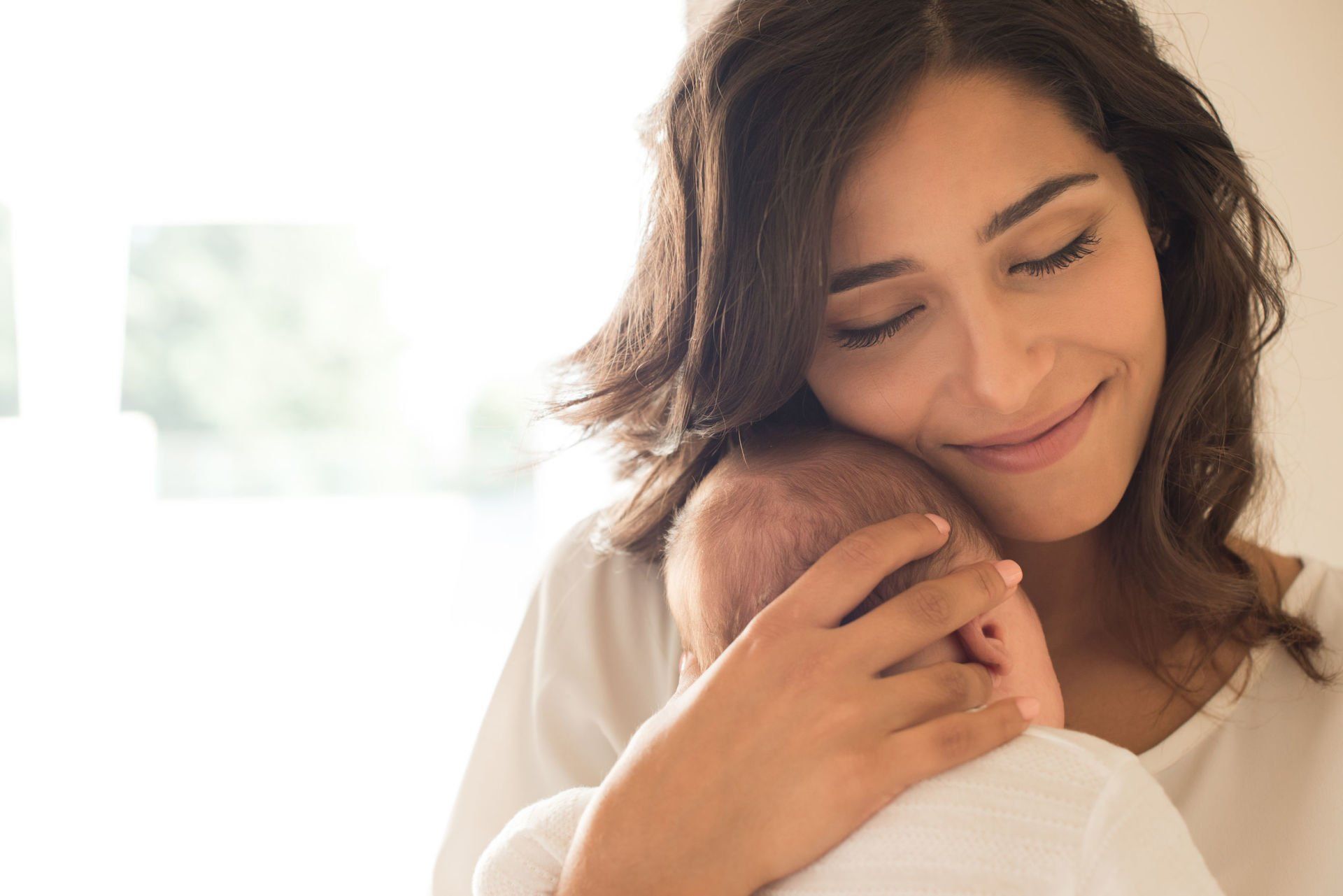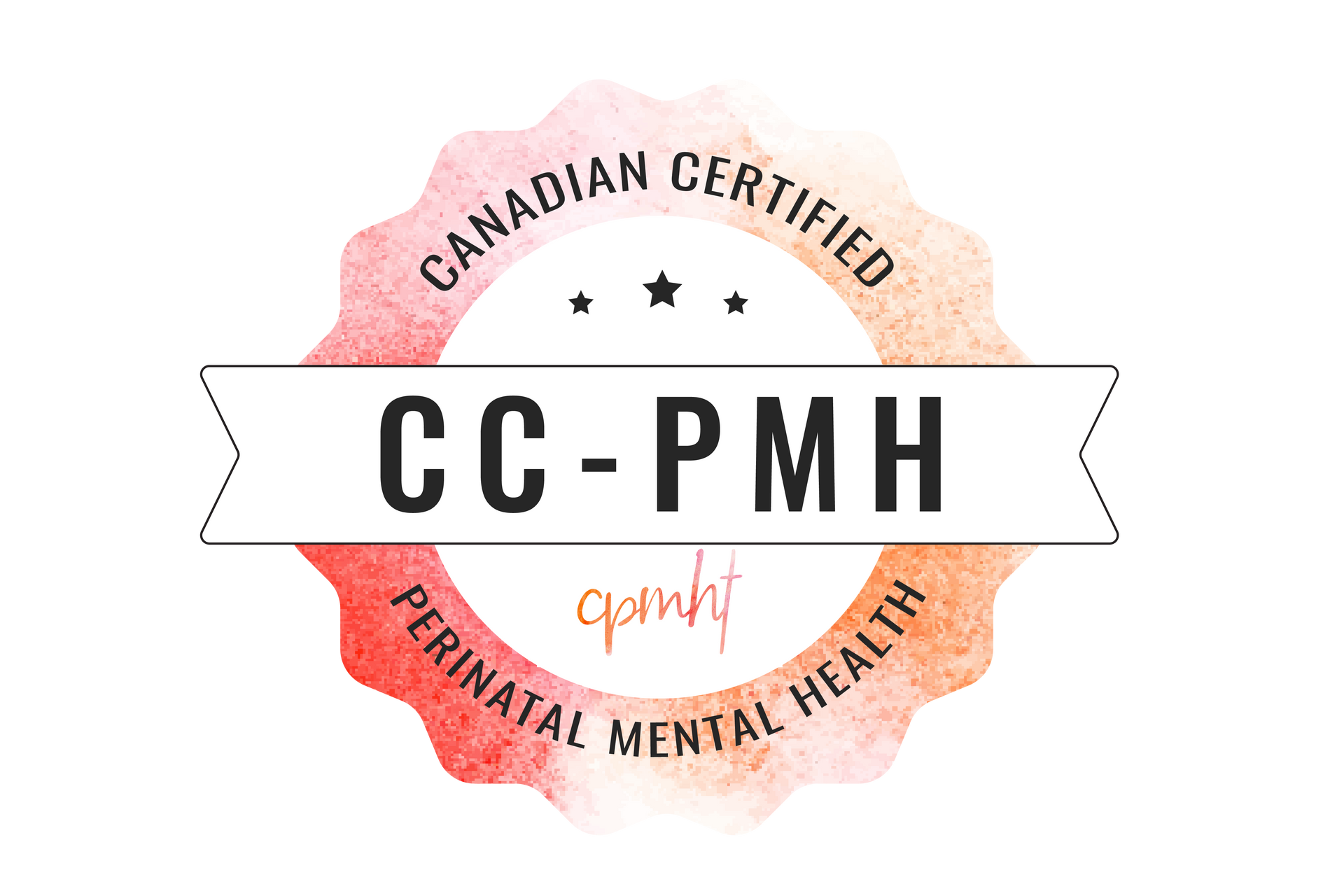Baby Brain. Is it a Thing?
April 3, 2019
As a mother of two littles, I have been reflecting lately on all the surprises of pregnancy.
As a society we tend to anticipate and focus on the physical changes ahead… fair enough really, growing a life is an amazing and big change for our bodies. However, the emotional and mental ride of pregnancy, and early parenthood often takes’ a back seat in our preparations.
One of the common complaints in pregnancy is baby brain! It often affects our memory and ability to focus. Whether it’s losing your keys, forgetting someone at work’s name, or missing an appointment, it happens to many of us.
We may think of baby brain as mostly an issue in pregnancy, however it continues on into the fourth trimester, the initial months after baby is born. Certainly did to me! I remember the nurses coming to my house after my son was born. In my sleep deprived haze, I had stopped recording everything. I was completely stunned when they asked when my son ate last? That seemed like something I should know. I also couldn’t readily tell them how many pees or poops he had had that day. Meeting my sons needs was the focus of my entire day but I had no memory.
So here’s the good news… it has a biological purpose! The hormones in your brain, specifically oxytocin, are in an optimal condition for: for learning new skills, bonding and connecting with baby, and adapting to a new routine. Baby brain invites us to live in the moment, and be present with baby, while taking on peripheral blinders for the less important things. Who knew Mother Nature had our back here?
Here are some signs of increased Oxytocin:
- More sensitive and open hearted
- More tolerant of monotony and boredom
- Express emotions freely
- May involve confusion, moodiness and forgetfulness
- Increased capacity to live in the moment
So ladies, the jist is that baby brain is positive. It can help us manage overwhelm. Let’s educate our loved ones and support people not to judge but understand baby brain as an asset. Let’s embrace it!
This was originally posted on Shop Cravings.

Preparing for your first baby is a busy time with lots of new things on the horizon. You guys chose counselling as one service to prioritize. What made you decide to prioritize each of yours mental health and your relationship? I knew that having our baby was going to be a major change in our marriage and we can always use some new "tools" in our repertoire, so to speak, from an expert on the shift from a dyad to a triad. I also knew that our relationships with our parents would change, as they became grandparents and we became the parents. Having a safe space to explore new feelings and anticipate changes in relationship dynamics was important because I love my parents. How did the counselling process help each of you in your prenatal sessions in your transition to being a parent? The classes offered by the Sask Health Authority instructed me on how to care for my baby; the counselling sessions offered by Jill instructed me on how to co-parent and maintain my marriage. I had some unrealistic expectations for myself and my spouse prior to counselling, and I'm really glad they were sorted out before the baby arrived. Having a safe space too, to talk through hopes and fears with your partner in a focussed manner, was extremely helpful in making me feel emotionally ready to be a parent. You guys have had post natal sessions and as a couple to support your adjustment in the busy and emotional post-natal period. This was also an opportunity to process the birth experience. What were the benefits of seeking a mental health professional after babies arrival? I felt my birth experience was traumatic, and my lingering feelings of anxiety and fear were affecting my relationships. Talking about the hospital experience and immediate post-partum time helped me to process my emotions and I felt more at peace after our sessions. As well, having a few post-partum sessions helped calibrate my expectations - there was immense pressure to join "the outside world" and get out and about, and talking to Jill allowed me to realize that taking time to heal, bond, and adjust at home at my own pace was more than enough.





